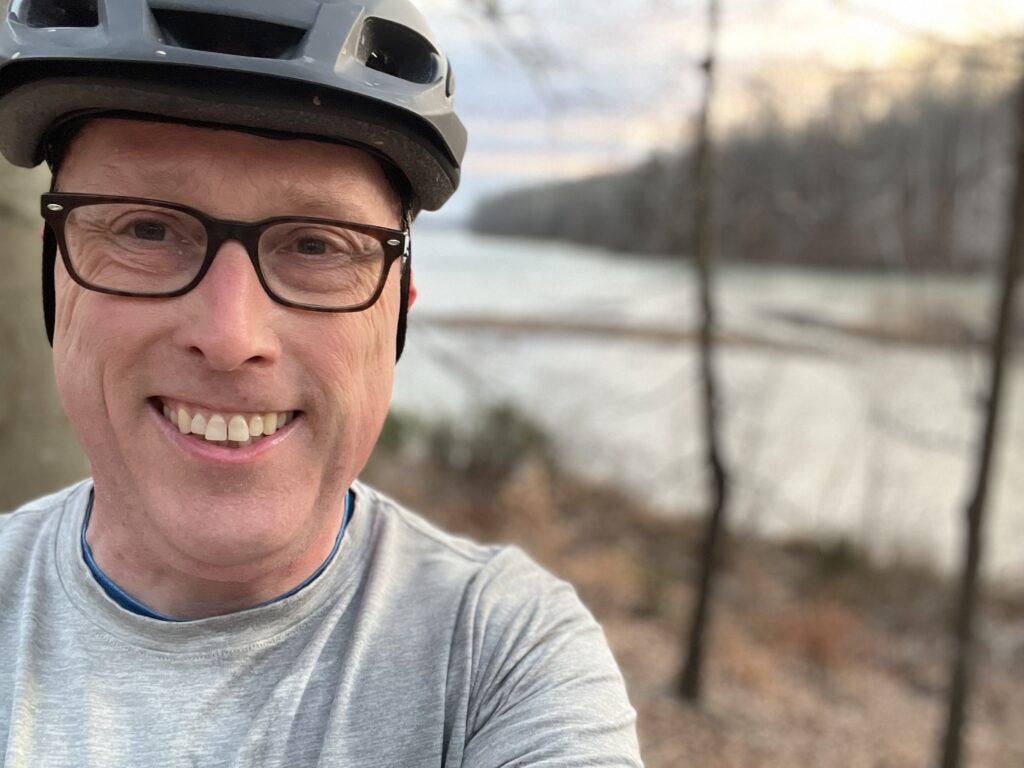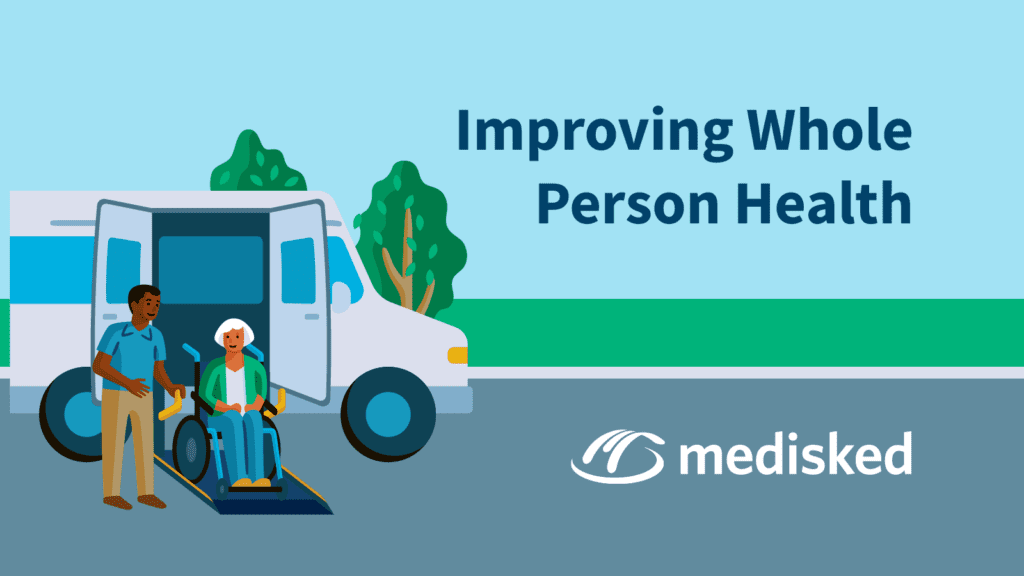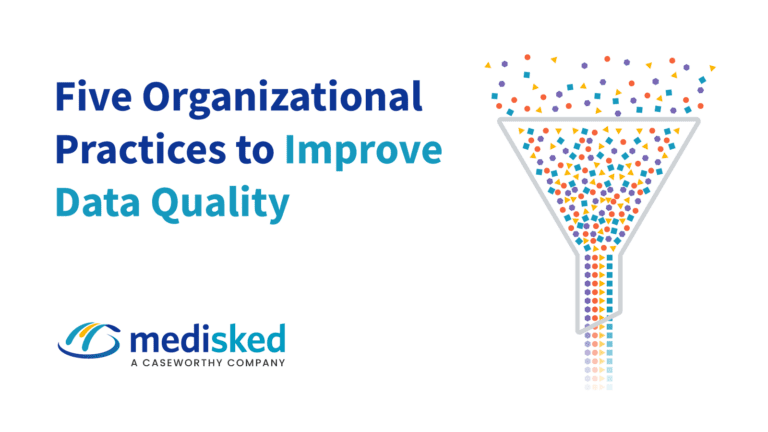In recent years, we’ve seen increasing recognition that the traditional medical model of healthcare is inadequate. The growth in social determinants of health (SDOH) and whole person health represent an acknowledgement that the traditionally segmented view of healthcare leaves on the table many meaningful opportunities for improved overall health and quality of life.
What is Whole Person Health?
Whole person health involves consideration of the entire person, not just their medical conditions. According to the National Center for Complementary and Integrative Health of the National Institutes of Health,
“A growing body of research suggests the benefits of healthy behaviors, environments, and policies to maintain health and prevent, treat, and reverse chronic diseases. This research includes several large, long-term epidemiological studies—such as the Framingham Heart Study, Nurses’ Health Study, and Adventist Health Studies—that have evaluated the connections between lifestyle, diet, genetics, health, and disease.”
Whole Person Health Transformation
There have been a wide range of whole person health innovations in the Medicaid space in the past few years, with examples including:
- Plans sending boxes of fresh vegetables to members with diabetes and hypertension diagnoses.
- Providing gym memberships to plan participants.
- Entire Medicaid system transformations like that in North Carolina, which is bringing together physical and behavioral health, substance abuse and intellectual and developmental disability care into a unified “Tailored Plan” program.
Another important area to consider is programs to encourage members to go outdoors.
Why is Getting Outdoors Important?
Since the time of Transcendentalists like Ralph Waldo Emerson and Henry David Thoreau, voices have consistently extolled the virtues of getting outdoors in our increasingly urban world. In the last few decades, we’ve seen an expanding body of scientific research that indicates that spending time in nature can improve cognitive ability, overall happiness, and other measures of mental health:
- Green space around schools and homes benefits cognitive development in children and their self-control behaviors.
- Adults living in “greener” public housing show greater focus and attention.
- Exposure to some natural environments may reduce the risk of Alzheimer disease and related dementias and Parkinson disease.

And, while we’ve known for some time that regular exercise can provide benefits for our physical and mental wellbeing, studies are also showing improved outcomes from outdoor exercise. A small study of 30 college students published in January 2023 showed increased benefits from taking a walk outside over taking a walk of the same distance indoors.

What Can We Do?
When working both at the population and individual levels, consider how going outdoors could have a positive impact. At the population level, can you offer programs and incentives for members of your plan to go outdoors? If you’re a care manager, when developing care plans is it appropriate to incorporate goals or interventions that encourage that person to get outdoors? As individuals, how can we incentivize ourselves to get away from our electronic devices and go for a walk, hike, or ride outdoors?
If the studies are right, going outside just a few hours a week can make a big difference in our lives and those of the people around us.
See you out on the trail!
Sources
- Whole Person Health: What You Need To Know | NCCIH (nih.gov)
- Nurtured by nature (apa.org)
- Understanding Nature and Its Cognitive Benefits – Kathryn E. Schertz, Marc G. Berman, 2019 (sagepub.com)
- Associations of Greenness, Parks, and Blue Space With Neurodegenerative Disease Hospitalizations Among Older US Adults | Dementia and Cognitive Impairment | JAMA Network Open | JAMA Network
- Going for a walk outside found to have more mental health benefits than walking indoors (medicalxpress.com)








